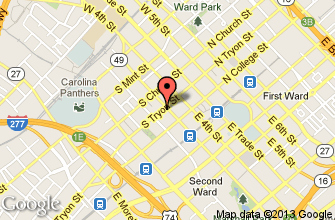News Room
PrintRitz Might Give Fraudulent Conveyance Transferees FitsAuthored by: Michael H. Weaver
May
17, 2016
The United States Supreme Court clarified in Husky Int’l Electronics, Inc. v. Ritz, 578 U.S. ____(2016) that “actual fraud” as used in Section 523(a)(2)(A) is broad enough to encompass fraudulent conveyance schemes and does not require a false representation in order for a debt to be non-dischargeable in bankruptcy.
In Ritz, a supplier of electronic components (Husky) sold product to Chrysalis Manufacturing Corp. who racked up an outstanding debt of approximately $164,000. At the time, Daniel L. Ritz, Jr. was a director and owned at least 30% of Chrysalis’ stock. Rather than paying the outstanding debt owed to Husky, Ritz “drained” Chrysalis of its assets by transferring them to other entities he controlled. Husky subsequently sued Ritz for the debt arguing the transfers constituted “actual fraud” under Texas law. Ritz then filed for bankruptcy relief under Chapter 7.
Undaunted, Husky commenced an adversary proceeding in Ritz’ bankruptcy case arguing, among other things, that the intercompany transfers constituted “actual fraud” and the debt was non-dischargeable under Section 523(a)(2)(A). The Fifth Circuit Court of Appeals affirmed the district court decision and held that a necessary element of “actual fraud” is a false representation.
The Supreme Court reversed concluding that Congress did not intend for its use of the term “actual fraud” in Section 523(a)(2)(A) to require a false representation in order for a debt to be non-dischargeable. Rather, “actual fraud” is much broader and includes fraudulent conveyances that can occur without a false representation. The impact of this decision is yet to be seen; however, individuals who receive a fraudulent conveyance and subsequently file for bankruptcy may find themselves defending more non-dischargeability complaints going forward.




















